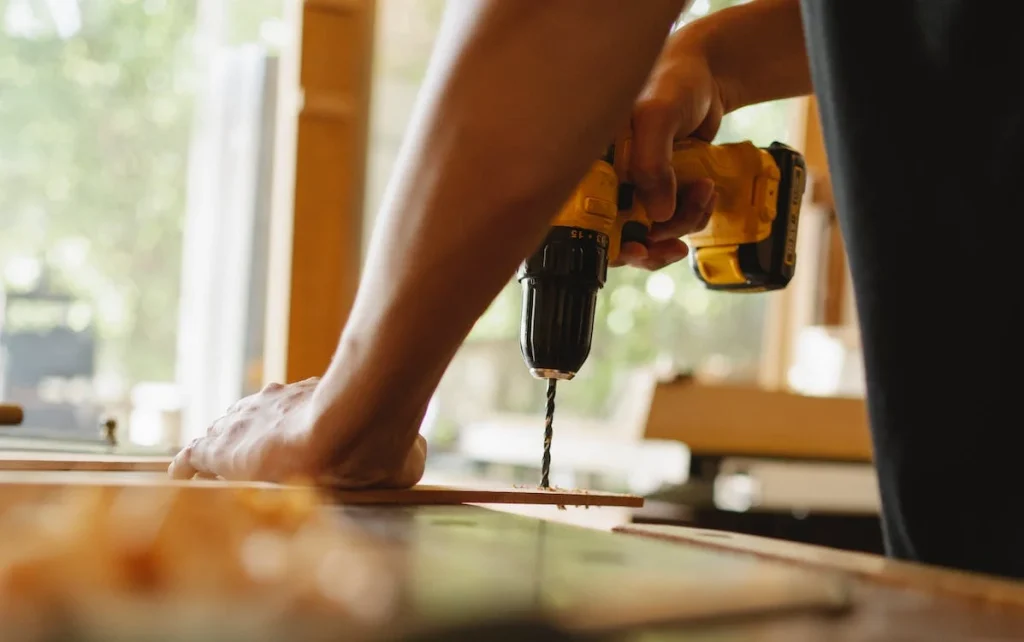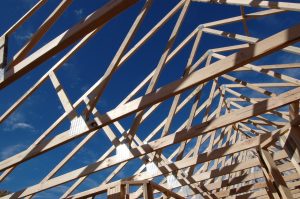My Dream Home Extension Part 2
Following on from Part 1 of ‘My Dream Home Extension’ we will now look at whether it’s worth building the extension yourself or hiring a building contractor. The details in this post are specific to Victorian (Australia) building requirements and guidelines so you should check your local requirements and guidelines wherever you are in the world.
Why build your Dream Extension Yourself?
One of the main reasons that people decide to build themselves is due the perception that they will save a lot of money over hiring a registered builder. The question of saving money by being an owner builder can be ambiguous though. Yes, if everything goes exactly to plan, and you have got experience in building management and have substantial building skills, and of course your design is good and well planned, then there is a good chance you will save money over hiring a building contractor.
Another reason people want to build themselves is that being an owner builder will give them the chance to have complete control over the design and build of their extension. Having complete control will seem like a good idea at the off-set, but again, unless you have a lot of building experience, the chances are you will come unstuck which can turn your dream in to a nightmare.
There are many things to consider before building begins. For example, it may be great that you’ve saved money in the short-term, but did you think about the longevity of the structure and materials of the extension? Have you considered all the legal requirements before being allowed to start building, and what about insurance? These are just the tip of the iceberg.
So what Defines you as an Owner Builder?
Well let’s break it down in to three things. An owner-builder is someone that is:
- Going to use their own skills to build, in this case an extension, on the house that they live in.
- Going to manage a team of tradespeople (sub-contractors) to do work on their home.
- Is a registered builder (has applied for owner builder registration with the Building Commission).
Regardless of whether you are going to build yourself or hire a registered builder there are some crucial things worth knowing:
Building Work over $5000
For any work over $5000 there are obligations to fulfil. Firstly, you must use a registered builder to do the work. Secondly, by law you must have a written major domestic building contract, even if the contract is split in to smaller amounts. Thirdly, for any person engaged for work over $12,000 you must be provided with a current certificate of domestic building insurance for the address of where the extension is going to be built.
Also, before carrying out any works over $12,000 as an owner builder you must have a Certificate of Consent from the Building Practitioners Board, at the Victorian Building Authority.
Plans and Permits
Next to consider is what plans or permits are required. Before you or a registered builder can build your new extension (or renovation) your building plans must take in to account the following:
- Local laws
- Mandatory energy rating requirements
- Foundation data, including soil tests, and engineering
- Excavation costs, if required
- Site survey results from a licensed land surveyor.
Failure to consider these things can result in you not being able to use your plans, an expensive oversight if you have already paid for your plans to be drawn up.
Also, you will need to check if you need a building permit; if so, it will need to be obtained.
Managing a Building Team
One of the key components in a building project is to manage all the tradespeople (sub-contractors) that will be needed to complete the extension. As an owner builder there are many things that can happen during the project therefore you will need to be constantly on hand to manage them, especially the stuff that doesn’t go quite to plan.
Having a registered builder to manage the whole building process will reduce any potential stress of managing it yourself. They will also provide additional necessities such as efficient and sustainable design solutions, a 3-month maintenance period after completion, work guaranteed under the Home Owners Warranty Scheme and if they are worth their salt, guaranteed completion times.
Overall Pros and Cons of being an Owner Builder
Some good stuff if you decide to do it yourself:
- Save money if the extension building project goes exactly to plan (assuming you have a good pan).
- Managing a building project is a mammoth task, requiring a lot of skill, dedication, time and energy.
- There will be problems that occur where the lack of inexperience may result in significant project delays.
- There are no warranty fall-backs or guarantees on the final building – everything will stop at your door, as it were.
- Hiring great sub-contractors can be hit and miss, especially if you haven’t used them before. Poor work can negate any saving that you might have made by dealing with a contractor directly. Tradespersons can over-charge owner builders if they are expecting a poorly organised site.
- It may be difficult to secure a building loan.
We are just giving you a surface level overview here, but when people dig further they realise that managing and building a home extension is a big job, with much responsibility.
If you feel you have it in you to manage and control your own building project, then definitely give it a go; just be prepared. However, for many people all they want is a smooth and well-experienced process to turn their home in to their dream home; for this hiring a registered builder may just be your best bet.
The third part of this series will be about how to find the right registered builder, when you should reveal your budget, getting quotes and then making the choice on who to use.




